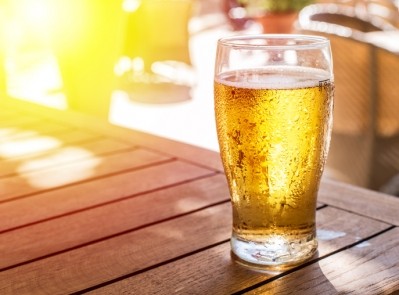EU and China agree GI protection for 200 products

The landmark agreement aims to create reciprocal trade benefits and demand for high-quality products in both the EU and China.
The total EU list of GI protected in China now includes Cava, Champagne, Feta, Irish whiskey, Münchener Bier, Ouzo, Polska Wódka, Porto, Prosciutto di Parma and Queso Manchego.
Among the Chinese products, the list includes Pixian Dou Ban (Pixian Bean Paste), Anji Bai Cha (Anji White Tea), Panjin Da Mi (Panjin rice) and Anqiu Da Jiang (Anqiu Ginger).
Focus on quality and authenticity
In the EU, more than 3,300 names are registered as either Protected Geographical Indication or Protected Designation of Origin. A further 1,250 non-EU names are also protected within the region.
Geographical indications aim to protect the names of specific products with unique characteristics: such as geographical origin and traditional production processes and skills.
EU-China cooperation on Geographical Indications began in 2006: with 10 names from both the EU and China protected in 2012.
China is the second largest destination for EU agri-food exports, reaching €12.8bn ($14.2bn) in the last year. It is also the second destination of EU exports of GI products.The Chinese market is a high-growth potential market for European food and drinks, with a growing middle class seeking iconic, high-quality and genuine European products.
Meanwhile, China also has a well-established geographical indication system of its own, with specialties that European consumers can now discover.
Agriculture and rural development Commissioner Phil Hogan said: “European Geographical Indication products are renowned across the world for their quality. Consumers are willing to pay a higher price, trusting the origin and authenticity of these products, while further rewarding farmers. This agreement shows our commitment to working closely with our global trading partners such as China. It is a win for both parties, strengthening our trading relationship, benefitting our agricultural and food sectors, and consumers on both sides.”
The agreement will now go through legal scrutiny, with the agreement expected to come into force before the end of 2020.
In four years, the list can be expanded to cover an additional 175 names from both regions.











